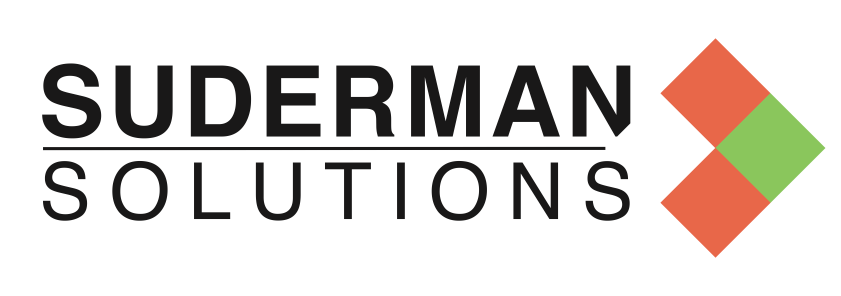
Is Your Future Singular or Plural?
September 29, 2022
The Problem with ‘7 Steps’ and ‘3 Things’: Embracing Complexity
October 13, 2022How does information become power?
The adage “information is power” is so common that we often fail to reflect on what it really means. This simple concept is foundational to how most of the world works. Our view about the power of information explains why North Americans place such a high priority on things like education (which builds information capacity), access to the internet (which provides access to information), and freedom of speech (which gives us the right to possess information).
However, if information is power, then we must assess what kind of power it wields. In and of itself, information is not good or bad. However, as we act (or don’t act) on information it inherits value. As citizens of “the information age”, what does it really mean to have access to so much information? Or to have access to so much power?
How does information become power?
It has been said that “information is a cudgel, a beacon, an olive branch, a deterrent – all depending on who yields it and how” (Levitt & Dubner). It would seem that power and information share a symbiotic relationship. Here are two basic ways that we harness the power of information.
Information Lords: When we view ourselves as “lords”, we assume the role of an owner. We seek to use the information at our disposal for our own benefit. At times this means using it as a cudgel (think of recent political debates) and at other times we hide information in order to achieve our desired ends (illegal stock traders do this as does Kim Jong-un, the Supreme Ruler of North Korea). Recently a scandal erupted when we discovered that Volkswagen has been hiding information about their vehicle emission levels (they built their cars to cheat on emissions tests). This act reveals that those who had access to Volkswagen’s emissions information determined to hide it from public scrutiny. Those who act as information lords will seek to use information to build or protect their own power.
Information Stewards: A steward is different than a lord in that they understand that they are not owners. Rather, they view themselves as people who are entrusted with that which someone else owns. It may be stewards of your shareholder’s investments or of the well-being of others. In the early 1980s poisoned Tylenol was discovered on store shelves. Not knowing the source of this problem, Tylenol publicly announced they were removing all of its pills from the market in order to protect consumers. This had devastating financial effects on the company. However, they realized that they were stewards of information that would save lives and acted as stewards. Those who act as information stewards will seek to use the information to build up or protect those things they have been entrusted with.
As individuals and organizations, we must reflect on how we exercise the power of information. While it is easy to point fingers a Kim Jong-un or Volkswagen, we have all acted as information owners by only telling part of the story or by withholding information that helps our own cause. However, we have also had those moments when we realize that we are simply stewards of information. This occurs when you return the extra $20 in change you receive or when you admit to making a mistake that no one else knows about.
Each day presents you with countless opportunities to use information as power. Do you act as a lord or steward of this information?
Dr. Jeff Suderman seeks to harness to power of information as a consultant, professor and pracademic who works in the field of organizational development. He partners with clients to improve culture, leadership, teamwork, organizational alignment, strategy and organizational future-readiness. He resides in Palm Desert, California. Twitter: @jlsuderman
References
Steven D. Levitt & Stephen J. Dubner (2005). Freakonomics: A rogue economist explores the hidden side of everything




